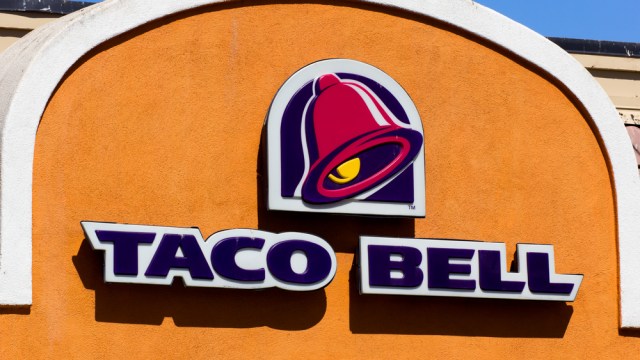Hollywood’s Corporate Welfare Hypocrisy

What’s the Latest?
When the phrase “corporate welfare” gets tossed around, our minds often wander toward “too-big-to-fail” banks and publicly-financed sports stadiums. But what about the fat cats who run Hollywood? Allysia Finley of The Wall Street Journal:
Media companies nab about $1.4 billion annually in tax incentives that 40 states offer for TV and film production, according to a report this year by the California Legislative Analyst’s Office. Most provide either rebates or tax credits that offset a percentage of their production costs.
Finley makes sure to point out that The Wolf of Wall Street, a film that disparaged financial greed, had 30% of its post-production and below-the-line costs covered by New York taxpayers. The film grossed $400 million at the world-wide box office on a budget of only $100 million.
What’s the Big Idea?
The popular counterargument is that an investment in something like The Wolf of Wall Street brings jobs to New York residents and pays dividends to local businesses. While at least a few outlets seem to support that theory, others believe the return of those investments are more similar to economically disastrous publicly-financed sports stadiums.
Finley’s article focuses on the hypocrisy of “Hollywood liberals” who decry corporate greed in their movies and TV shows while at the same time taking public money to fuel their productions. These include The Daily Show with Jon Stewart and Late Night with Jimmy Fallon, who both took advantage in 2010 of subsidies to shoot in North Carolina.
She goes on to recount instances of film and TV producers strong-arming local governments for additional tax credits. House of Cards famously extorted an extra $11.5 million from the state of Maryland to supplement the $26 in tax incentives it initially received for its first two seasons.
The big question is whether these subsidies end up paying off. Finley doesn’t think so, and she’s got sources that back her:
But as California’s Legislative Analyst Office (LAO) has pointed out, “these subsidies give businesses in the motion picture industry an economic advantage that other businesses do not receive.” As a result, “all other businesses and taxpayers effectively pay a higher tax rate than they would otherwise.” While Hollywood claims these credits pay for themselves by increasing in-state spending and goosing tax revenues, the LAO concluded that each $1 of tax credit returned only 65 cents in revenues to the state.
Read more at The Wall Street Journal
Photo credit: Fer Gregory / Shutterstock




